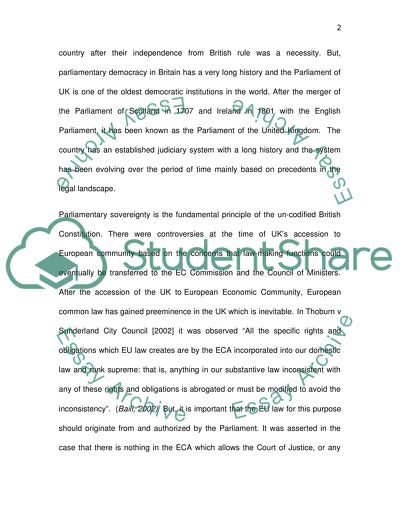Cite this document
(“The British Constitution Essay Example | Topics and Well Written Essays - 2250 words”, n.d.)
Retrieved from https://studentshare.org/politics/1411367-the-british-constitution
Retrieved from https://studentshare.org/politics/1411367-the-british-constitution
(The British Constitution Essay Example | Topics and Well Written Essays - 2250 Words)
https://studentshare.org/politics/1411367-the-british-constitution.
https://studentshare.org/politics/1411367-the-british-constitution.
“The British Constitution Essay Example | Topics and Well Written Essays - 2250 Words”, n.d. https://studentshare.org/politics/1411367-the-british-constitution.


